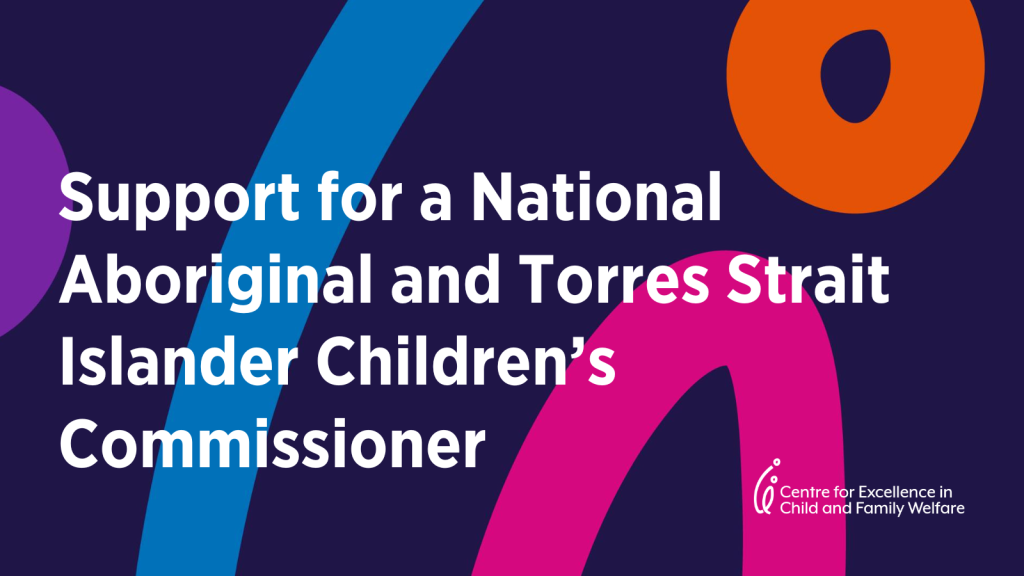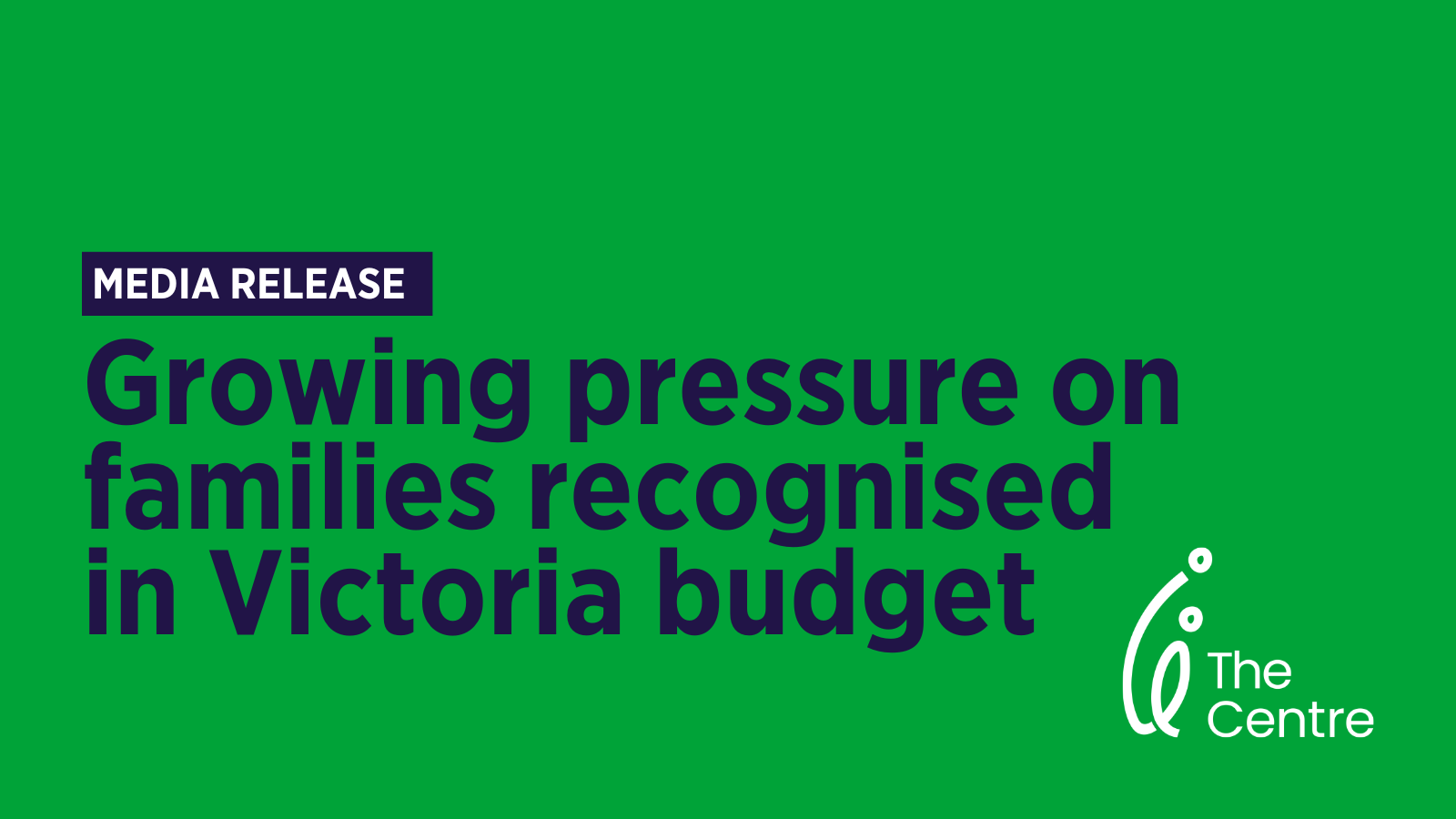The Centre has signed a Joint Statement calling for National Aboriginal and Torres Strait Islander Children’s Commissioner, with the legislated power to investigate and make recommendations on issues impacting First Nation’s children.
The calls come after a Liberal party motion for a royal commission into the sexual abuse of Aboriginal children was defeated in the House of Representatives on Thursday.
Centre CEO Deb Tsorbaris said a dedicated Commissioner would be the most effective and immediate action to make children safe and protect their human rights.
The Joint Statement rejects calls for a Royal Commission, saying the evidence and solutions are very clear following more than 33 reports into child protection since the Bringing Them Home Report in 1997.
In April this year, the Australian Child Maltreatment Study revealed the majority of Australians (62 per cent) have experienced at least one type of child abuse or neglect, with domestic violence, physical, emotional or sexual abuse the most common.
Child abuse is far too prevalent in Australia full stop.
SNAICC produces an annual report, Family Matters, which details the evidence-based solutions that will enable our children to grow up safe, loved and protected. These solutions have been developed by Aboriginal and Torres Strait Islander people and organisations.
They prioritise Investment in effective and culturally safe support for families and children before they reach crisis point, through Aboriginal community-controlled services.
A National Aboriginal and Torres Strait Islander Children’s Commissioner will be more effective and more powerful than any Royal Commission.






